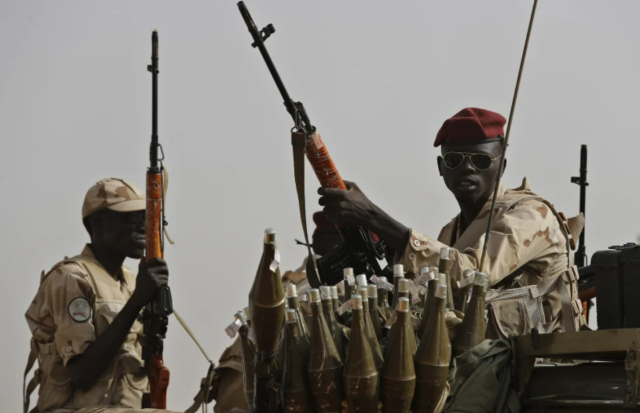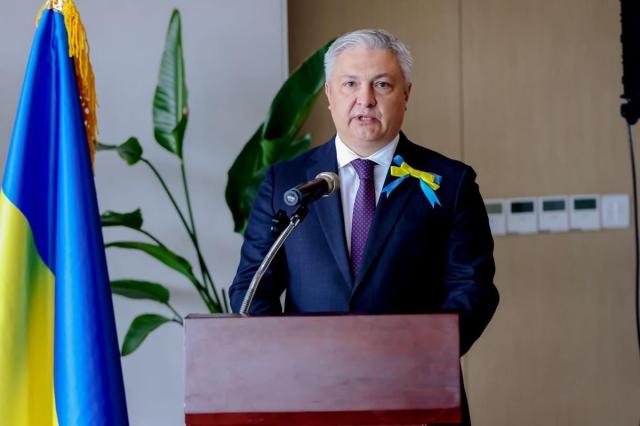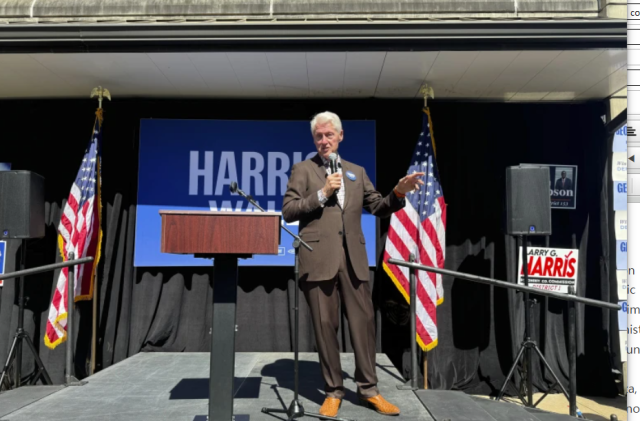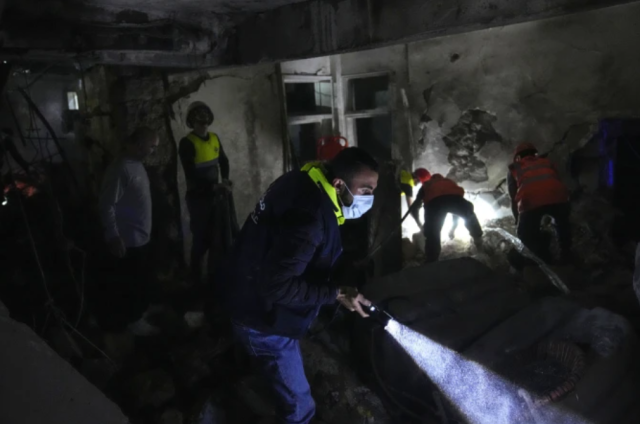
The Sudanese army denied responsibility for the attack, blaming the paramilitary Rapid Support Forces (RSF), with whom they are currently engaged in conflict. The army condemned the RSF for the "shameful and cowardly acts" and reiterated that it does not target diplomatic missions or humanitarian organizations, nor does it convert such places into military bases. The military also accused the RSF, supported by unnamed foreign nations, of carrying out the attack.
This incident follows a recent offensive by the Sudanese military in Khartoum, which resulted in the deaths of four civilians in the Karrari district. The conflict between the RSF and Sudanese military has been ongoing since April last year, sparked by tensions ahead of a planned transition to civilian rule.
The conflict has devastated Sudan, with nearly 25 million people — half of the population — in need of assistance, and around eight million displaced from their homes. The country is also facing a cholera outbreak due to recent flooding, with nearly 15,000 cases reported across 10 states.
On Monday, the Sudanese army again rejected claims by the UAE that it was responsible for the attack on the ambassador's residence, insisting that the RSF was behind the act. The Sudanese military has repeatedly accused the UAE of supporting the RSF.
Copyright ⓒ Aju Press All rights reserved.



